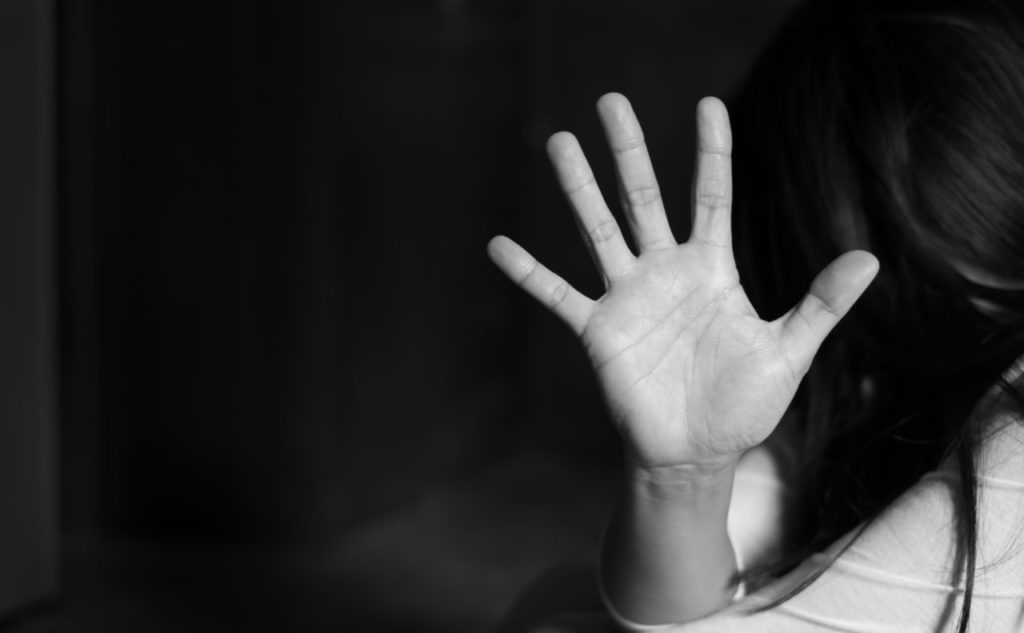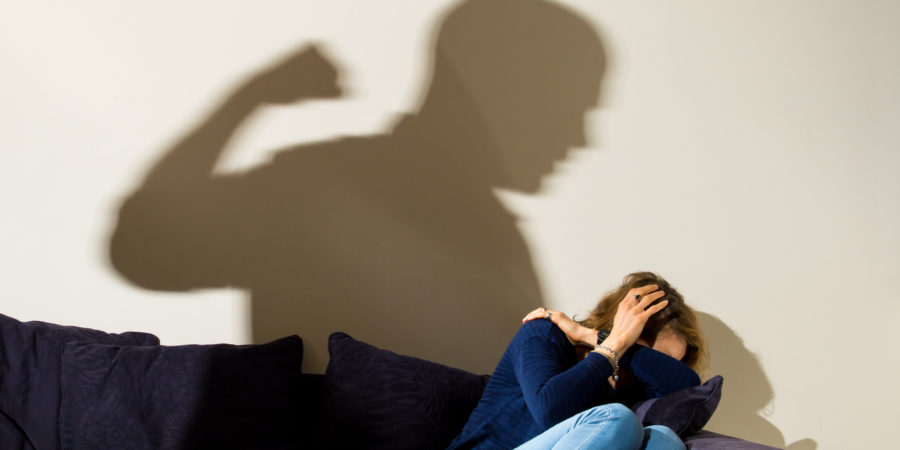Domestic abuse and violence can happen to anyone, yet the problem is often overlooked, excused, or denied. Abuse does not discriminate. It affects victims of any age, gender, or economic standing. This is especially true when the abuse is psychological, rather than physical. Noticing and acknowledging the signs of an abusive relationship are the first steps to ending it.
Domestic abuse and violence are destructive for both the battered and the batterer. Its tendency to be passed down over generations makes it all the more important that we develop effective methods for combating abusive behaviors.
Domestic violence can be physical or psychological, and it can affect anyone of any age, gender, race, or sexual orientation. It may include behaviors meant to scare, physically harm, or control a partner. While every relationship is different, domestic violence generally involves an unequal power dynamic in which one partner tries to assert control over the other in a variety of ways. Examples include insults and threats, emotional abuse, and sexual coercion. Some perpetrators may even use children, pets, or other family members as emotional leverage to get the victim to do what they want. Victims experience diminished self-worth, anxiety, depression, and a general sense of helplessness that can take time and often professional help to overcome.
What Is Domestic Abuse?
When people think of domestic abuse, they often focus on domestic violence. But domestic abuse includes any attempt by one person in an intimate relationship or marriage to dominate and control the other. Domestic violence and abuse are used for one purpose and one purpose only: to gain and maintain total control over you. An abuser doesn’t “play fair.” An abuser uses fear, guilt, shame, and intimidation to wear you down and keep you under their thumb.
Domestic violence and abuse do not discriminate. Abuse happens within heterosexual relationships and in same-sex partnerships. It occurs within all age ranges, ethnic backgrounds, and economic levels. And while women are more often victimized, men also experience abuse—especially verbal and emotional. The bottom line is that abusive behavior is never acceptable, whether from a man, woman, teenager, or an older adult. You deserve to feel valued, respected, and safe.
Domestic abuse often escalates from threats and verbal assault to violence. And while physical injury may pose the most obvious danger, the emotional and psychological consequences of domestic abuse are also severe. Emotionally abusive relationships can destroy your self-worth, lead to anxiety and depression, and make you feel helpless and alone. No one should have to endure this kind of pain—and your first step to breaking free is recognizing that your relationship is abusive.
Kinds Of Domestic Abuse
For violence to be ‘domestic’, it doesn’t have to occur within your home, only within a relationship (with family or an intimate partner). It occurs when someone close to you has power and control over you. This control or abuse can be expressed in different ways.
1. Physical abuse
If someone is hurting you physically or is threatening to hurt you, a loved one, or a pet, then you will need to take action. Read more about physical abuse and learn where to get support.

Image Source – coodes.co.uk
2. Emotional Abuse
Emotional abuse often goes unrecognized and can be very hurtful. Someone who is emotionally abusive towards you wants to chip away at your feelings of self-worth and independence. Read more about what constitutes emotional abuse.
3. Economic Abuse
If someone close to you controls your finances and keeps you financially dependent on them so that you always have to ask them for money, this is a form of domestic violence.
4. Social Abuse
Social domestic violence occurs when someone insults or humiliates you in front of other people, keeps you isolated from family and friends, or controls what you do and where you go.
5. Spiritual Abuse
Spiritual domestic violence involves preventing you from having your own opinions about religion, cultural beliefs, and values. It may also involve manipulating your thoughts on spirituality in order to make you feel powerless.
How can you keep yourself safe?
An abuser may exert control by downplaying the seriousness of what they’re doing to you. As a result, it’s easy to underestimate the amount of danger you’re in. It’s vital to protect yourself from harm if you feel that you’re being abused.
1. Decide if you’re in any immediate danger
How likely is it that someone will hurt you? Sometimes it’s hard to work out the danger or risks yourself. If you’re unsure about your safety, it’s important to talk to someone. If you feel uncomfortable, you may have to move to somewhere safe.
2. Get support
Making a decision to leave a situation where you feel unsafe may be hard and scary. If possible, talk to someone you trust, such as a friend, counselor, or youth worker.
3. Talk to the police
If you feel unsafe, talk to the police. They’re there to protect you. You can also call various support lines available online to talk about the risks you face.
4. Believe in yourself
If someone is hurting you, or threatening to hurt you, it can be hard to maintain your self-confidence or feelings of self-worth. You might even want to blame yourself. Remember that it’s never okay for someone to hurt you or threaten to hurt you. The best thing you can do in this situation is to remove yourself.

Image Source – hopkinslawltd.com
5. Know your rights
Every country/state has laws designed to protect against all forms of domestic violence. Go through websites to know the law at your place and use them wisely for your protection.
Questions to answer
Do you:
- feel afraid of your partner much of the time?
- avoid certain topics out of fear of angering your partner?
- feel that you can’t do anything right for your partner?
- believe that you deserve to be hurt or mistreated?
- wonder if you’re the one who is crazy?
- feel emotionally numb or helpless?
Does your partner:
- humiliate or yell at you?
- criticize you and put you down?
- treat you so badly that you’re embarrassed for your friends or family to see?
- ignore or put down your opinions or accomplishments?
- blame you for their own abusive behavior?
- see you as property or a sex object, rather than as a person?
- have a bad and unpredictable temper?
- hurt you, or threaten to hurt or kill you?
- threaten to take your children away or harm them?
- threaten to commit suicide if you leave?
- force you to have sex?
- destroy your belongings?
- act excessively jealous and possessive?
- control where you go or what you do?
- keep you from seeing your friends or family?
- limit your access to money, the phone, or the car?
- constantly check up on you?
HELP
If you relate to any of this, you must immediately find help. You can call your loved one – family, friends, colleagues. Try to figure a safe place where you can crash and if things are going way out of your hand, you must seek help immediately.
If you suspect that someone you know is being abused, speak up! If you’re hesitating—telling yourself that it’s none of your business, you might be wrong, or that the person might not want to talk about it—keep in mind that expressing your concern will let the person know that you care and may even save their life.
Also read – Signs of an emotionally abusive relationship













